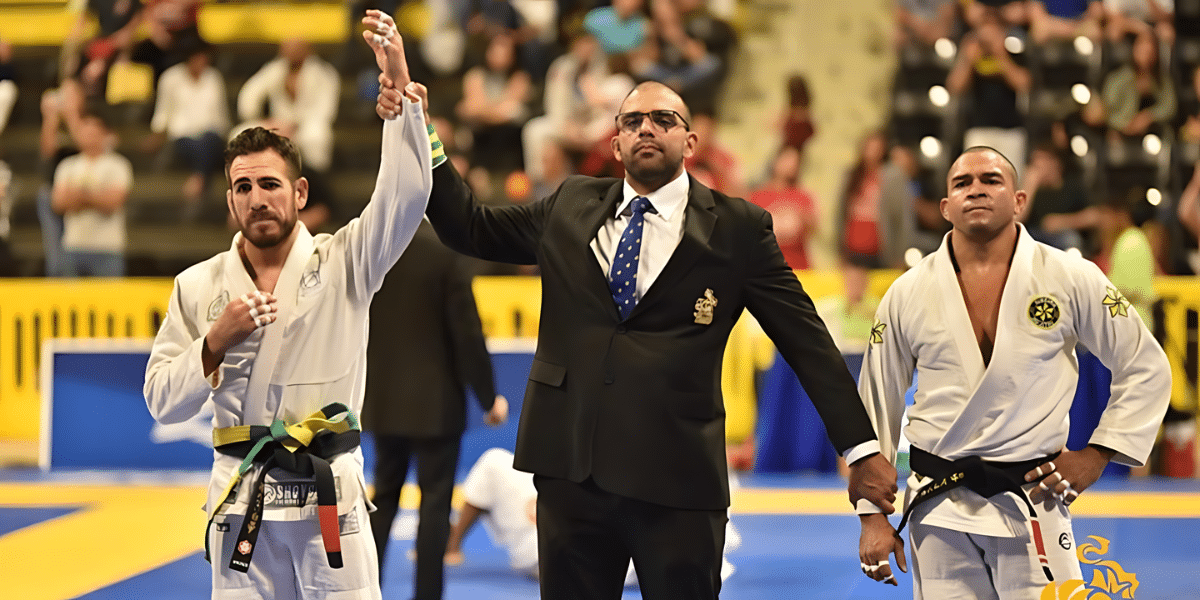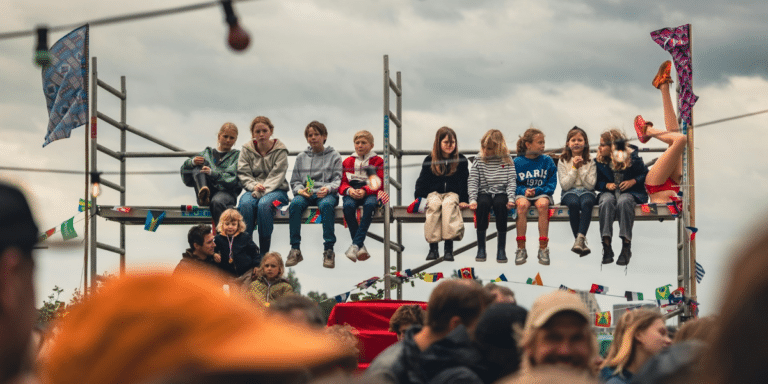In the world of martial arts, the journey from being an athlete to assuming the role of a referee is one filled with challenges, learning curves, and ultimately, immense satisfaction. Few have navigated this transition as gracefully and effectively as Felipe Abad. With years of high-level training and matches under his belt, Abad has turned his wealth of experience into an invaluable asset, not just for himself but for the martial arts community at large. His story is not just about change; it’s about evolution, contribution, and passion.
Felipe Abad’s illustrious career as a martial artist is marked by relentless dedication and a thirst for knowledge. Training at the highest level for years has equipped him with an intimate understanding of the sport’s nuances and intricacies. However, instead of resting on his laurels or moving away from the tatami after hanging up his competitive gi, Abad chose a path less traveled by athletes – he became a referee.
The decision to step into refereeing was driven by more than just love for martial arts; it was fueled by a desire to give back to the sport that had given him so much. “Being part of competitions as a referee means I’m always learning,” says Abad. This continuous loop of learning and teaching keeps him hooked on competitions. It is this cyclical exchange of knowledge that Felipe believes helps in nurturing the next generation of martial artists.
Refereeing has offered Abad a unique vantage point – one where he can watch new interpretations of familiar movements unfold before him match after match. This perspective is not merely observational; it’s educational. For Felipe, every match he referees is another opportunity to train his eye and mind, storing moves that he later deconstructs in training sessions. His Instagram page (@Felipecpabad) often buzzes with insights from these experiences, bridging the gap between competition and training.
But perhaps where Felipe’s background as an elite athlete benefits him most profoundly is in youth matches. With keen eyes sharpened by years of competition, he can discern when a young competitor might be inching towards danger long before it becomes apparent to others. “My experience helps me recognize when someone is in a bad situation,” Felipe notes. This preemptive awareness allows him to intervene effectively – ensuring safety without stifling the competitive spirit that drives young athletes.
Felipe’s philosophy extends beyond mere supervision; he sees himself as part of an educational ecosystem within martial arts—a mentor from the sidelines who uses his authority to protect as well as promote growth. He believes that true mastery in martial arts isn’t about perfecting a set repertoire but continuously adapting and absorbing new techniques—a mindset that keeps him both humble and driven.
This approach has resonated well within the community, particularly among parents who see referees not just as enforcers of rules but guardians of their children’s well-being on the mat. Felipe’s ability to blend authority with empathy stems from his competitive drive which surprisingly hasn’t waned since becoming a referee; if anything, it has morphed into something more profound—an intrinsic motivation to see others excel.
Felipe maintains that while his transition might have physically taken him out of direct competition, mentally and spiritually, he remains deeply entrenched within it—only now his arena encompasses helping others discover their potential while safeguarding their passion for martial arts.
For those looking to follow in his footsteps or simply soak up some wisdom from his adventures across both sides of competition lines, following him on Instagram (@Felipecpabad) offers glimpses into this journey filled with challenges conquered and lessons learned.
As we reflect on Felipe Abad’s transition from athlete to referee, we find a story rich with lessons on adaptability, mentorship, safety awareness coupled with competitive spirit—themes universally relevant irrespective of one’s place in any sporting hierarchy.
Abad’s narrative underscores an essential truth about sportsmanship: evolving doesn’t necessarily mean leaving behind what you love; sometimes it means embracing it from another angle—helping nurture its growth so future generations can revel in its beauty just like you did—a legacy any athlete would be proud to leave behind.
Published by: Khy Talara








